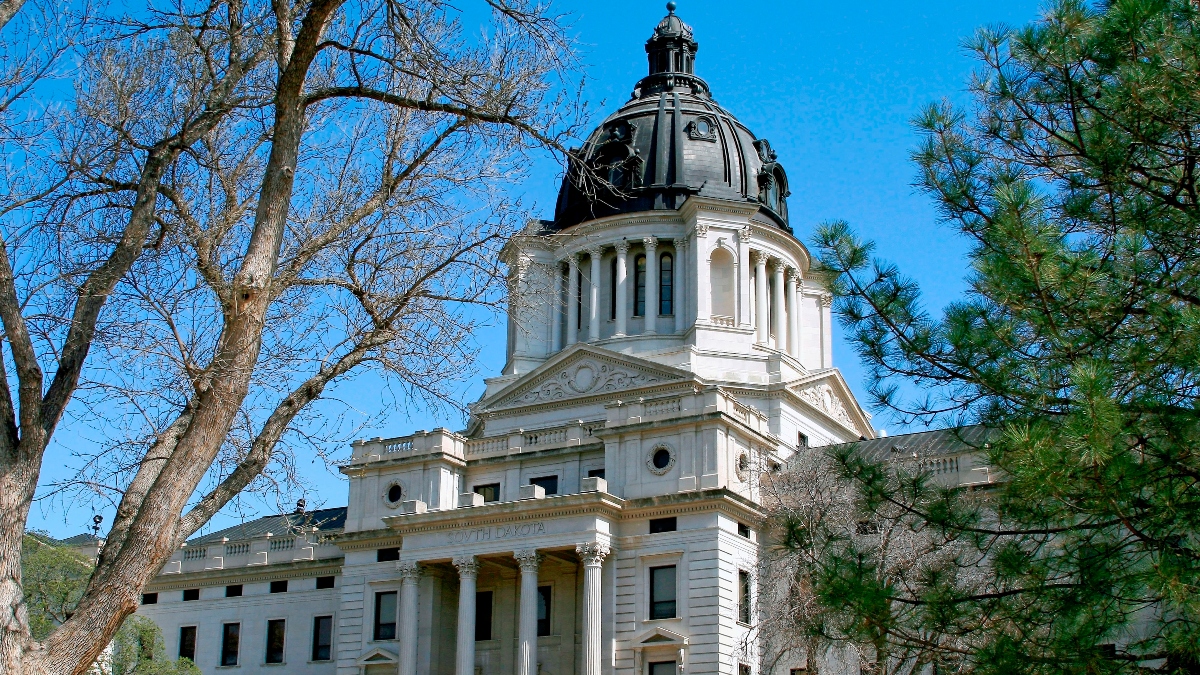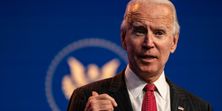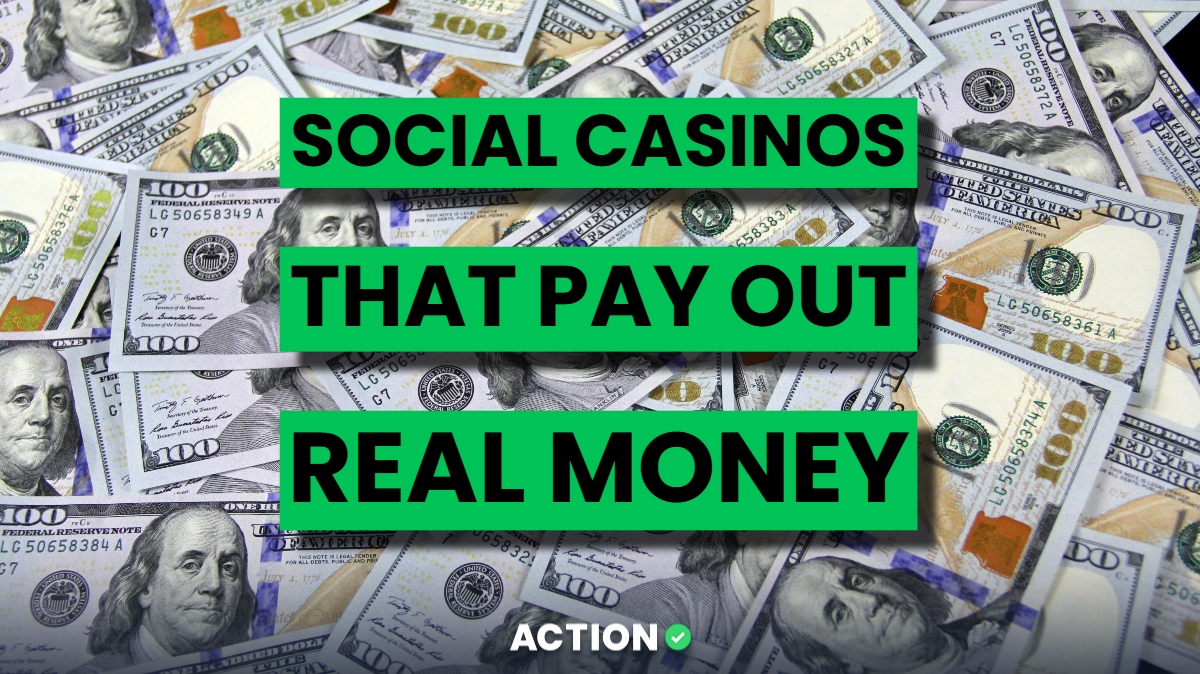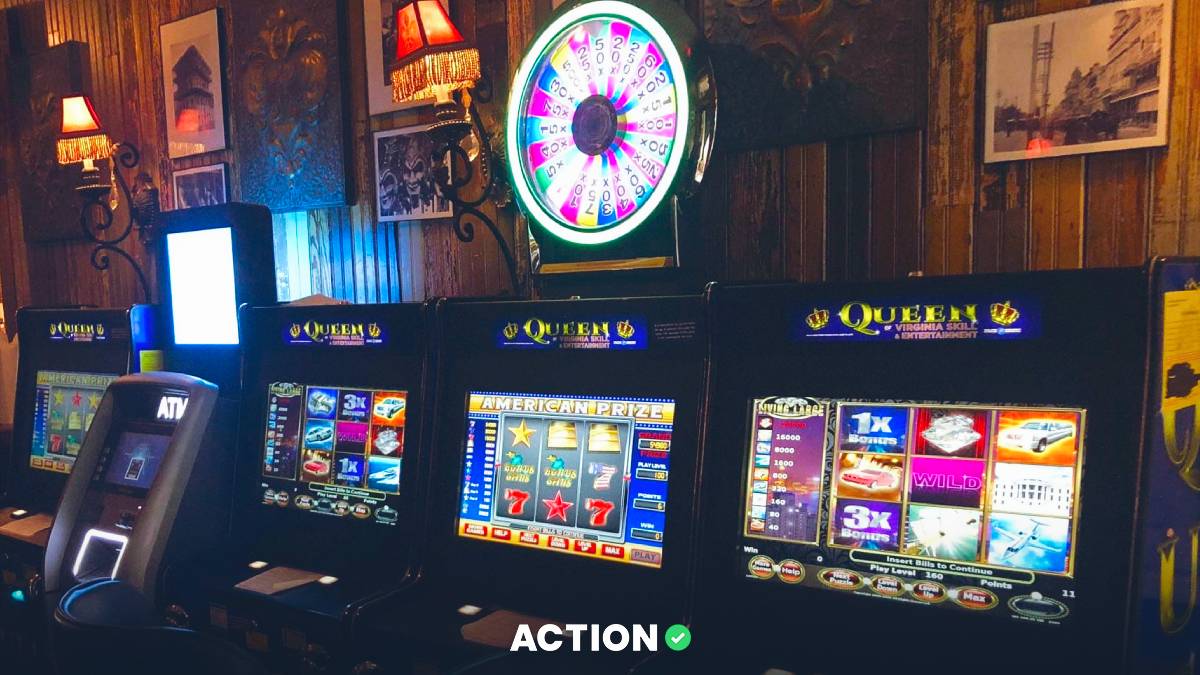Voters overwhelmingly supported sports betting in three states with legalization referendums on their respective 2020 ballots, opening up all three to legal wagering as early as next year.
One month after final votes were cast, here’s where some leading industry stakeholders view as the biggest questions that need to be resolved before betting can begin in those states.
Maryland Weighs Operator Access Decisions
Maryland voters and lawmakers largely supported legal sports betting this year, and stakeholders anticipate a 2021 launch. To do so, elected officials must resolve key questions about which entities will be able to take bets.
Lawmakers back statewide mobile wagering, which could make up 80% of Maryland’s total handle. With the exception of Delaware, every neighboring jurisdiction has full mobile betting, meaning Maryland would be at a critical disadvantage with just land-based options.
The retail locations will almost assuredly include the state’s six commercial casinos, as well certain horse racing tracks, said Jefferies managing director Andrew Zarnett during this week’s Betting on Sports America Digital Conference. Assuming lawmakers grant at least two online licenses, or “skins,” to each, that would mean 14 or more online operators could enter the market, Zarnett said, putting its skin count on par with neighboring Pennsylvania and Virginia.
However, lawmakers left many key decisions out of a stripped-down 2020 sports betting ballot measure bill and included a provision that the state must study if minorities and women face any kind of undue disadvantage from participating in a future sports betting market, said Chris Cylke, American Gaming Association SVP of government affairs during the conference.
The practical ramifications remain to be seen, but it could require skins for smaller entities aside from just the major commercial casinos. For example, Washington, D.C. allowed independent business owners to apply for sportsbook licenses. This could upset the casinos, fearing these extra entrants would cut into their business, but it may be an opportunity for even more sports betting options.
The study itself is just one major factor in Maryland’s ongoing sports betting discussions. The widespread political support and a sense of urgency to keep up with neighboring markets will help force speedy sports betting implementation, but it will have to resolve key issues before doing so.
Louisiana Timing and Politics Could Slow Launch
Louisiana will have some sort of legal sports betting. How — and when — is up for debate.
Voters in 55 of Louisiana’s 64 parishes approved legal sports betting in their respective home municipalities, but that 2020 voter referendum didn’t determine how residents could wager or when it could begin. Louisiana lawmakers will have to take up separate taxation and implementation bills in what could be among multiple complex legislative decisions.
Online gaming is more politically palatable in states such as Maryland than in Louisiana, where none of its neighbors permit statewide mobile betting. Some gaming-averse Louisiana lawmakers may tolerate in-person sportsbooks at any of the state’s roughly two dozen casinos, for example, but may not accept internet betting in parishes that approved the referendum.
Many of these same lawmakers opposed the original ballot measure and also helped stall daily fantasy sports legislation following a similar parish-by-parish referendum to legalize those games in 2018.
Political obstacles, as well as Louisiana’s 2021 legislative session’s scheduled April start, could push a possible online sports betting launch to 2022, Zarnett said. FanDuel director of government affairs Andrew Winchell told the conference he has hopes for a 2021 launch but acknowledged political opposition, as well as the logistics of the nation’s first-ever parish-level sports betting network, could complicate implementation.
South Dakota Online Betting Remains Undetermined
Deadwood, South Dakota, casinos will be able to open retail sportsbooks as early as next year. The right to open online sportsbooks will depend on lawmakers — and possibly lawyers.
Despite some conservative opposition in the legislature, South Dakota voters backed a casino-backed measure to open sportsbooks in the historic gaming community of Deadwood. By law, that means the state’s Native American casinos will also be able to open sportsbooks, and several dozen brick-and-mortar locations could open up in the next few years between the tribal and commercial establishments.
Online wagering is a far bigger question. The South Dakota constitution only permits gaming in Deadwood or recognized tribal lands, meaning online gaming is not permitted. But some stakeholders believe digital sportsbooks could be allowed, as long as their servers are physically located within Deadwood city limits.
Cylke said South Dakota’s online gaming could follow a similar model as New Jersey, which also has a constitutional ban outside a specific location but allows online gambling options if operators place their servers in Atlantic City. This may not be as enticing to South Dakota lawmakers, which have embraced gaming far less than their New Jersey colleagues but could be a workaround nevertheless.
In either scenario, elected officials — and likely courts — may have to decide what exactly constitutes gambling within Deadwood. This could determine if wagering becomes legal across one of the nation’s largest states by land area, or just another amenity at a few Deadwood and tribal casinos.





















































